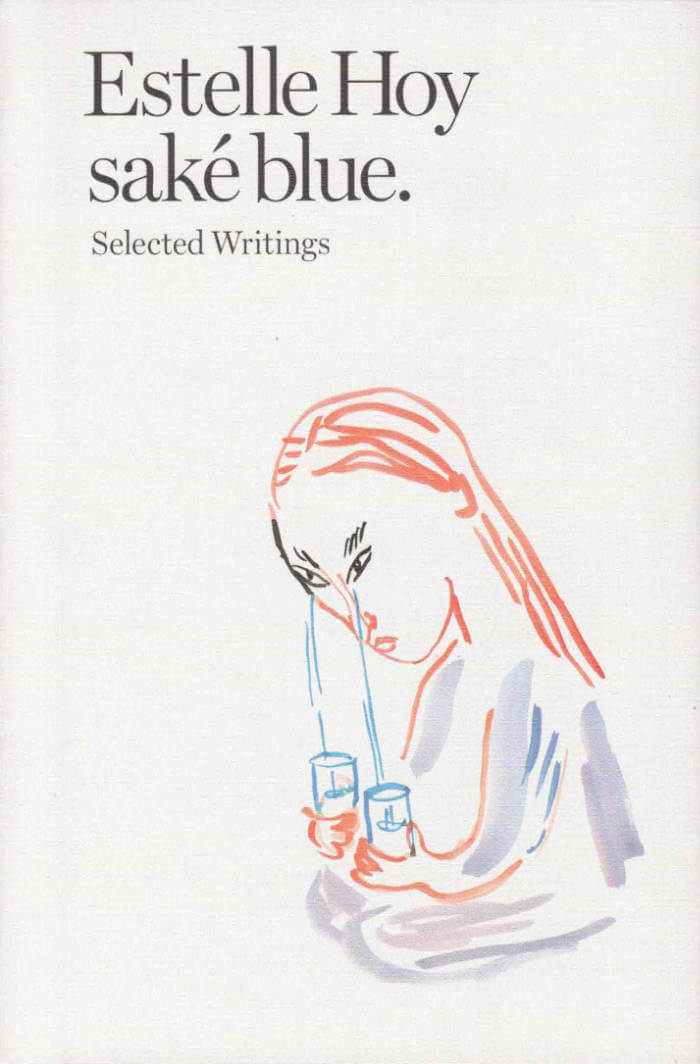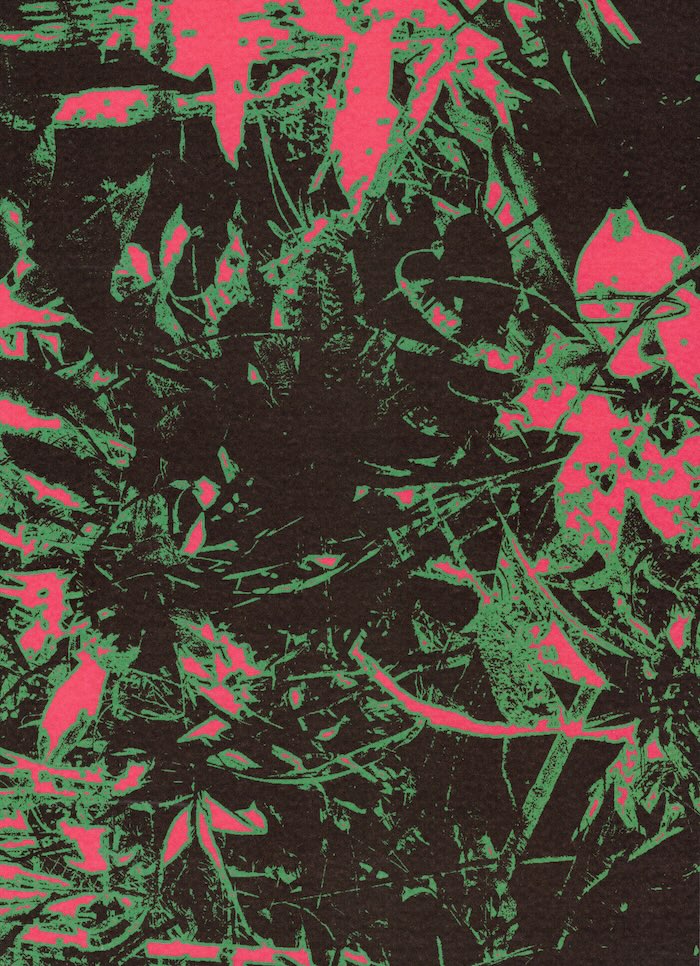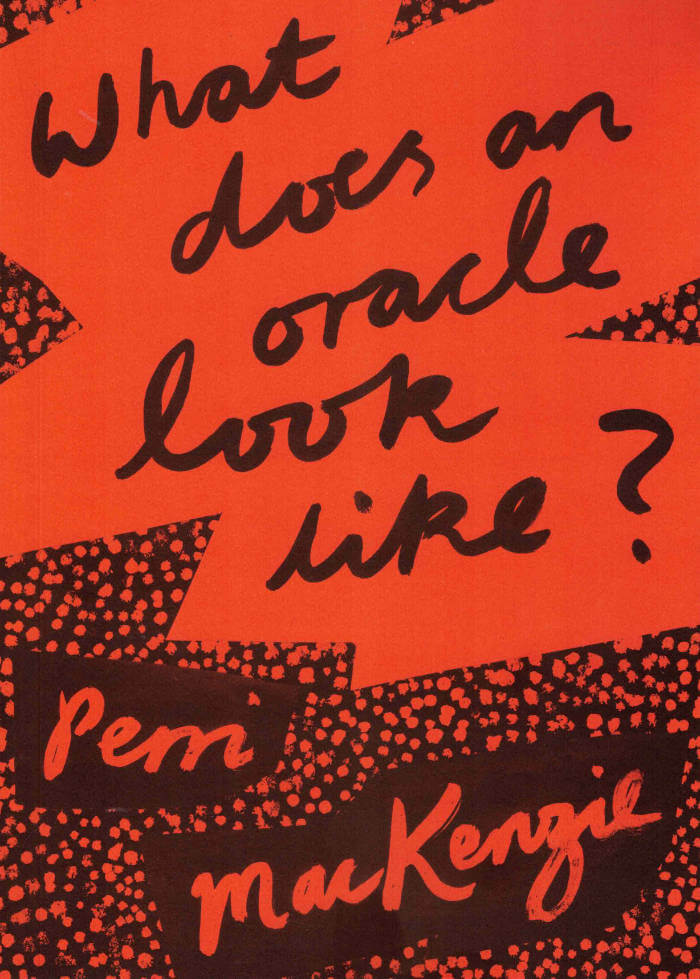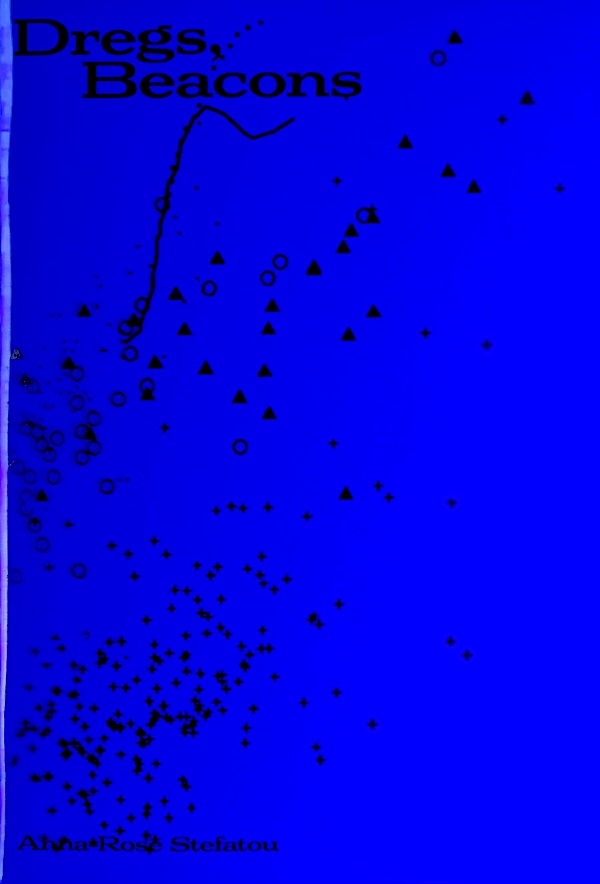
Le Dictateur #05 – FAQ
Myriam Ben Salah, Maurizio Cattelan
FAQ is an accordion-fold art publication edited by Maurizio Cattelan and Myriam Ben Salah and commissioned by Le Dictateur. Coinciding with the 10th anniversary edition of Le Dictateur, the first volume will expand into a yearly series.
FAQ stands for Frequently Asked Questions, referencing an attempt to synthesize a recurrent flow, a tenor, an ideal visual representation of a given and very subjective “now”.
Born out of an accute image eating disorder, FAQ reflects the mental assimilation of a relentless roving within physical and virtual art spaces: from galleries to tumblr accounts, museums, or artists studios; it can be seen as a portable exhibition, a show on paper, a project of restitution, a hybrid object that you can leaf and scroll through. Far from being a rational enterprise because of its lack of rules, hierarchy, order—or concept for that matter—it is expressly and brazenly as personal and biased as possible and reflects the obsessive mannerism of its authors.
Works by Korakrit Arunanondchai, Thomas Bayrle, Neil Beloufa, Judith Bernstein, David Douard, Carroll Dunham, Dan Finsel, Llyn Foulkes, Kathy Grannan, Camille Henrot, Charles Irvin, Elad Lassry, Jon Rafman, Steven Shaerer, Emily Mae Smith, Peter Sutherland, Slavs and Tatars, Andra Ursuta, Aleksandra Waliszewska, Charlie White, Jakub Julian Ziolkowski...






